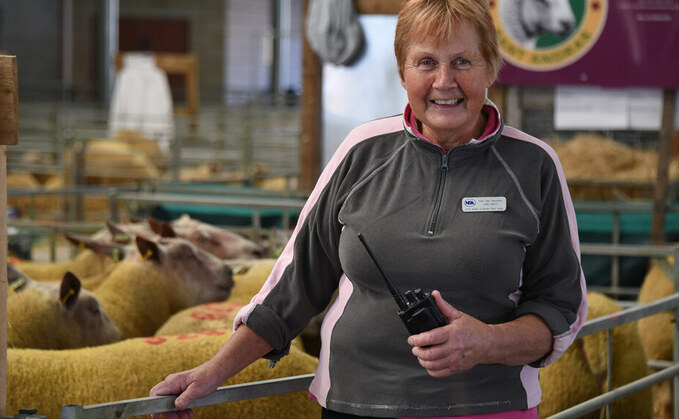
Jane Smith is modest, to say the least, but is a key figure in heading one of the industry's biggest livestock sales. Here, Gaina Morgan talks to her about her life in farming. The stalwart of what...

Jane Smith is modest, to say the least, but is a key figure in heading one of the industry's biggest livestock sales. Here, Gaina Morgan talks to her about her life in farming. The stalwart of what...

PEDIGREE HEREFORD BULL FOR SALE

PEDIGREE HEREFORD AND ANGUS BULLS FOR SALE

REGISTERED SHEEPDOG PUPS